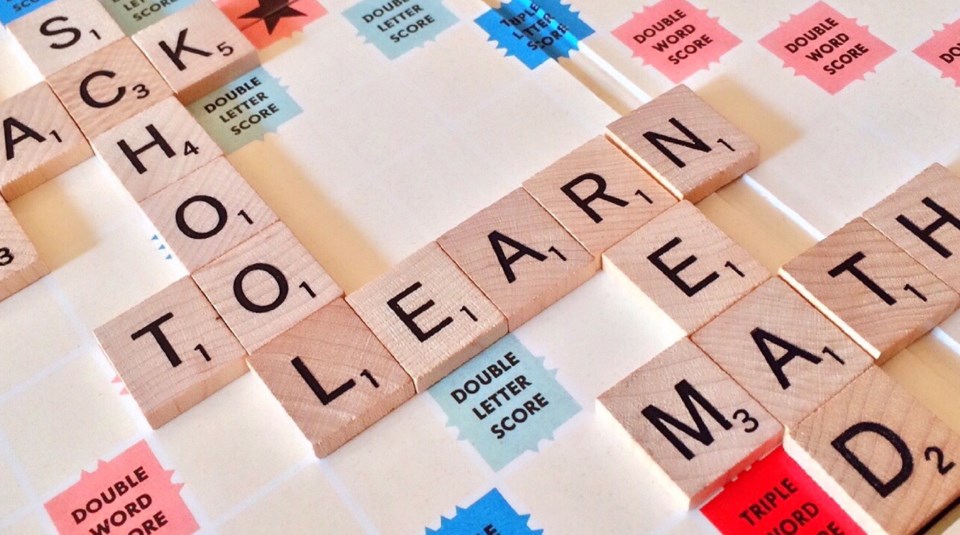Parents don't appear to be entirely convinced that schools should do away with letter grades, yet only a small percentage of them actually wanted to know if their kids aced their studies.
This was one of the findings of a survey evaluating the grade-free pilot project in the Sea to Sky School District known as Communicating Student Learning, or CSL.
These results were presented to the school board Aug. 29, before trustees unanimously approved the renewal of the program for the upcoming school year.
But this time around, the Sea to Sky won't be doing it alone. It will be linking up with the provincial grades-free pilot project, which includes school districts from around B.C.
The Sea to Sky's grades-free pilot gained a high profile in its 2017 inception. Instructors eschewed giving students grades and instead opted to provide direct feedback on performance.
However, parents could still view their child's letter grades upon request.
In order to gauge the program's performance, school officials have been surveying parents who have children in the pilot project.
One of the questions posed to those parents is whether they considered letter grades to be a "critical tool to describe student learning."
In 2017, 54 per cent of respondents said they believed letter grades were key. The rest of the respondents either thought grades weren't critical or were undecided.
This year, in June, the number of parents saying grades were necessary rose to 60 per cent.
That would suggest that having their children participate in a grade-free learning program hasn't convinced a substantial number of guardians that letter grades should be declared obsolete.
There were some imperfections in gathering the data, however. This year's survey was given in June while last year's was administered in July.
There's a chance that the difference in times could account for varying results, as parents may not have had enough time to consider the teachers' evaluations of their children.
Furthermore, only between 14 to 20 per cent of parents of the who were sent surveys responded.
The relatively higher number of parents who said they believed letter grades were key appeared to be contradicted by the fact that few of them actually requested to see the grades this school year — seven per cent of them, to be exact.
"We're not sure what the disconnect is there, but that is a fairly low percentage," said Asst. Supt. Paul Lorette.
Among the positive outcomes noted were that some families report the grades-free approach has reduced students' anxiety and in some cases helped them focus more on the learning itself, rather than the grade, Lorette said.
However, trustees brought up concerns that the method of reporting students' progress may not be well defined. Some parents may ask for grades, others may ask for direct feedback and others a varying combination of both.
"Teachers are going to end up trying to satisfy... different kinds of reports for parents," said trustee Chris Vernon-Jarvis. "At some point, you have to define what a report is and make it that, as opposed to trying to satisfy, [for example], 24 different styles of report."
"We've opened a can of worms by offering a different kind of report, and yet it's not defined what kind of report it is — at least not yet," Vernon-Jarvis said.
Supt. Lisa McCullough said the main challenge was that the software platform used for reporting students' progress still hasn't evolved to a constant feedback system.
Once teachers can find a good reporting platform, things should get smoother, McCullough said.
"Really where I think this is coming down to, is we're collecting really great information from families," she said.
"We're trying to modernize something. That is a complete social shift. I mean, that's not something that's going to happen overnight. So there's going to be a lot of growing pains."



